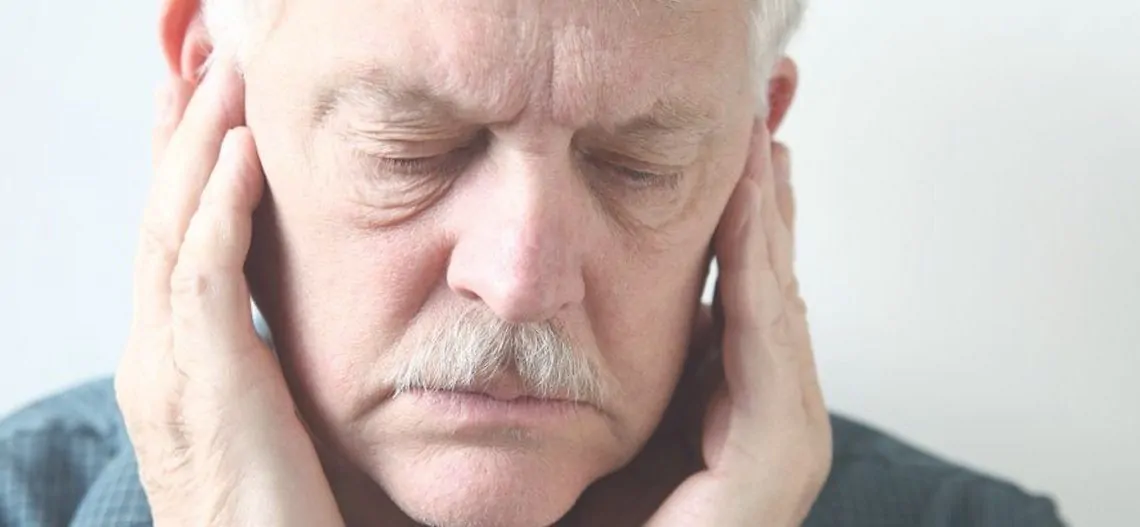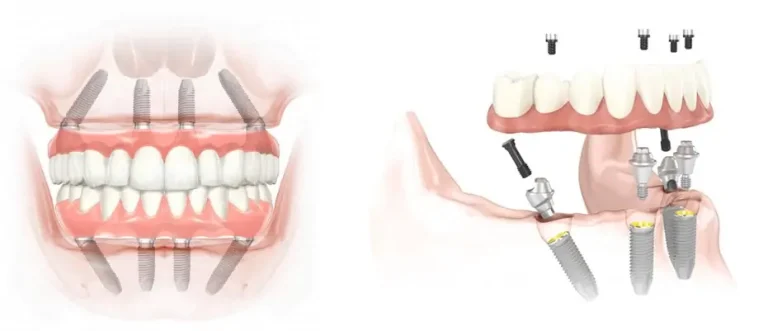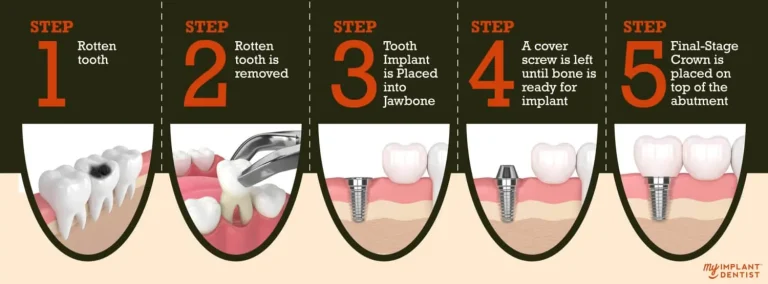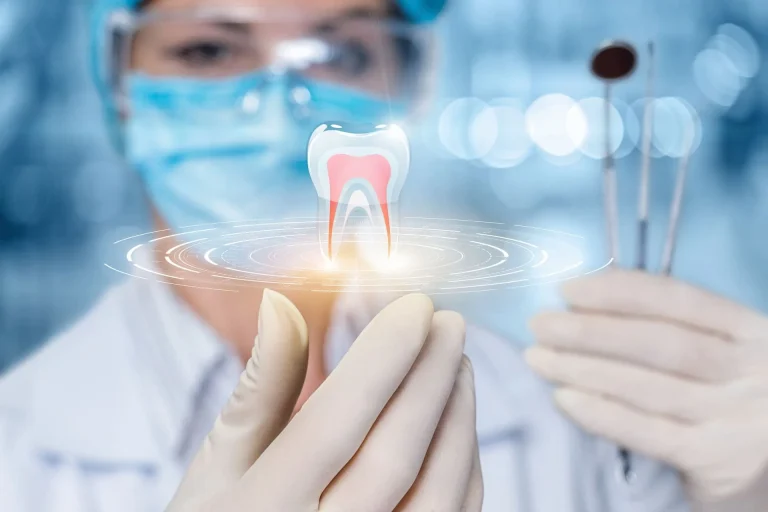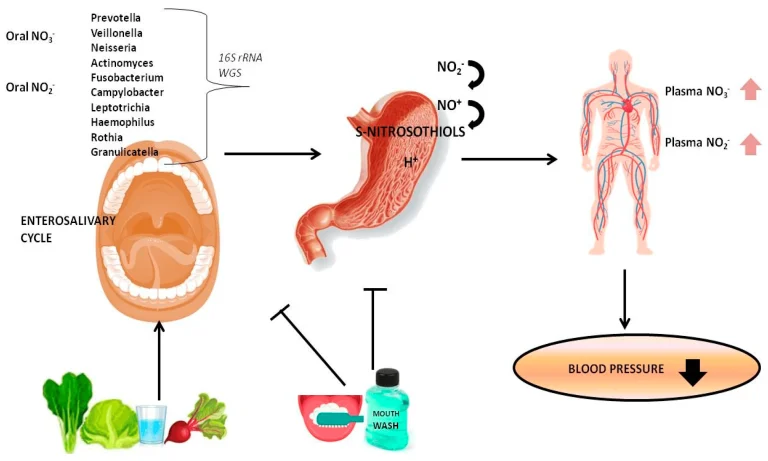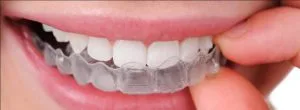Home Remedies for TMJ Pain Relief: What Really Works?
Remedies
Dealing with TMJ pain can feel like a never-ending rollercoaster. One minute you’re fine, the next your jaw is throbbing, and you’ve got a headache that just won’t quit. If you’re among the many Americans experiencing temporomandibular joint (TMJ) disorders, you’re likely searching for some relief. The good news is, you don’t always need to rush to the doctor for help. There are several home remedies for TMJ pain that can make a real difference. Let’s explore what works, how to apply these remedies effectively, and when it’s time to consult a professional.

Hot and Cold Therapy: Your Go-To for TMJ Pain
When it comes to simple and effective home treatments, heat and cold therapy rank high on the list. Many TMJ patients find relief using hot or cold compresses, making this approach quite effective.
Here’s the scoop:
- Cold Therapy: If your jaw is swollen or inflamed, ice is your best friend. Cold packs help reduce inflammation and numb the area, providing some much-needed relief. Wrap an ice pack or a bag of frozen veggies in a towel and apply it to the affected area for about 15-20 minutes.
- Heat Therapy: When your jaw muscles feel stiff or achy, heat can work wonders. Heat increases blood flow, which helps relax those tight muscles. Use a warm compress, heating pad, or even a warm towel on your jaw for around 15-20 minutes. Just ensure it’s warm, not scalding hot, to avoid burns.
Pro Tip: Some people find that alternating between heat and cold works best. Experiment to discover what soothes your TMJ pain most effectively.
Massage: Working Out the Kinks in Your Jaw
Just like a good massage can ease a stiff neck, it can also do wonders for TMJ pain. Gently massaging your jaw muscles can help them relax and reduce discomfort.
Here’s how to do it:
- Find the right spots: Focus on the masseter (the muscle you feel clenching when you bite down) and the temporalis (the muscle on the side of your head).
- Use gentle pressure: Use your fingertips to massage these muscles in a circular motion. You can also try gently stretching your jaw while you massage.
- Try self-traction: Sit up tall with your mouth relaxed and slightly open. Gently grasp the back corner of your jaw and pull down while keeping your face and neck relaxed.
Listen to your body: If something feels painful, ease up. The goal is to relax, not create more pain.
Lifestyle Adjustments: Small Changes, Big Impact
Sometimes, the best remedies come from changing daily habits. Small tweaks to your lifestyle can significantly impact your TMJ pain.
Consider these adjustments:
- Eat soft foods: Give your jaw a break by avoiding hard, chewy, or sticky foods. Think soups, yogurt, mashed potatoes – anything that doesn’t require much chewing.
- Watch your posture: Avoid slouching or hunching over as this can strain your jaw muscles.
- Stress less: Stress can lead to clenching your jaw, especially during sleep. Try relaxation techniques like meditation, yoga, or deep breathing exercises,we have already talked about this point in a previous article here .
- Avoid overuse: Steer clear of chewing gum, biting your nails, and other habits that can aggravate your TMJ.
When to Seek Professional Help
While home remedies can be a game-changer, they’re not always sufficient. If you’ve been trying these techniques for a few weeks without improvement, it might be time to consult a healthcare professional.
Here are some signs it’s time to seek help:
- Severe pain: If your TMJ pain is intense and doesn’t respond to home treatments, see a doctor.
- Limited jaw movement: If you’re having trouble opening or closing your mouth or if your jaw locks up.
- Clicking or popping: Persistent clicking or popping in your jaw accompanied by pain should be evaluated.
- Headaches and other symptoms: Frequent headaches, earaches, or dizziness alongside TMJ pain warrant professional attention.
Remember that TMJ disorders can have various causes; a healthcare professional can help identify the root of the problem and recommend an effective treatment plan. This might include physical therapy, medication, or other interventions.
Home remedies for TMJ pain can be incredibly effective, offering simple ways to manage symptoms. By incorporating heat and cold therapy, massage techniques, and lifestyle adjustments into your routine, you can find significant relief and improve your quality of life. However, don’t hesitate to seek professional help when needed; taking care of your TMJ health is essential!
FAQs
What is TMJ?
TMJ refers to the temporomandibular joint, which connects your jaw to your skull. TMJ disorders cause pain in the jaw joint and muscles that control jaw movement.
Can I treat TMJ pain at home?
Yes, many people find relief from TMJ pain using home remedies like heat and cold therapy, massage, and lifestyle adjustments.
How does cold therapy help TMJ pain?
Cold therapy reduces inflammation and numbs the area, providing relief from swelling and pain. Apply an ice pack wrapped in a towel for 15-20 minutes.
When should I use heat therapy for TMJ pain?
Use heat therapy when your jaw muscles feel stiff or achy. Heat increases blood flow, relaxing tight muscles. Apply a warm compress for 15-20 minutes.
How can massage help with TMJ pain?
Gently massaging your jaw muscles, like the masseter and temporalis, can help them relax and reduce discomfort.
What lifestyle changes can ease TMJ pain?
Eating soft foods, maintaining good posture, reducing stress, and avoiding overuse of the jaw (e.g., chewing gum) can significantly impact TMJ pain.
What kind of foods should I avoid if I have TMJ pain?
Avoid hard, chewy, or sticky foods that require a lot of chewing, such as tough meats, hard candy, and gum.
How does stress affect TMJ pain?
Stress can lead to jaw clenching, especially during sleep, which can aggravate TMJ pain. Relaxation techniques can help.
When should I see a doctor for TMJ pain?
Seek professional help if you have severe pain, limited jaw movement, persistent clicking or popping, or frequent headaches alongside TMJ pain that doesn’t improve with home remedies.
What treatments might a doctor recommend for TMJ?
A doctor might recommend physical therapy, medication, or other interventions to address the root cause of your TMJ disorder.

